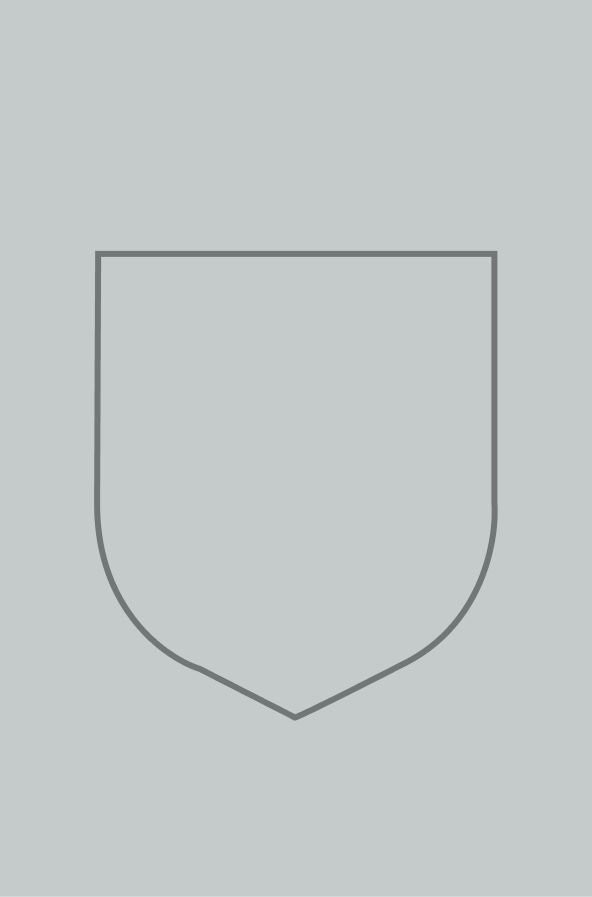Chemical Engineering Design and Analysis
This textbook puts design at the center of introducing students to the course in mass and energy balances in chemical engineering. Employers and accreditations increasingly stress the importance of design in the engineering curriculum, and design-driven analysis will motivate students to dig deeply into the key concepts of the field. The second edition has been completely revised and updated. It introduces the central steps in design and three methods of analysis: mathematical modeling, graphical methods, and dimensional analysis. Students learn how to apply engineering skills, such as how to simplify calculations through assumptions and approximations; how to verify calculations, significant figures, spreadsheets, graphing (standard, semi-log and log-log); and how to use data maps, in the contexts of contemporary chemical processes such as the hydrogen economy, petrochemical and biochemical processes, polymers, semiconductors, and pharmaceuticals.
- Focuses on process design substantiated by analysis allowing students to gain a deeper and more satisfying understanding of their chosen discipline, and develop a strong set of skills in the contexts of contemporary chemical processes such as the hydrogen economy, petrochemical and biochemical processes, polymers, semiconductors, and pharmaceuticals
- Avoids an encyclopaedic presentation of chemical engineering information by organizing skills in a 'just-in-time' fashion, where each skill is presented to answer a pending design question
- Pedagogical features include: 'context, concepts, defining question' introduction for each section, which establishes for the student a framework for thinking about chemical engineering; numerous and well-explained examples; and almost 800 illustrations to support the concepts illustrated in the book
Product details
April 2019Hardback
9781108421478
588 pages
255 × 182 × 29 mm
1.34kg
749 b/w illus. 132 tables
Available



